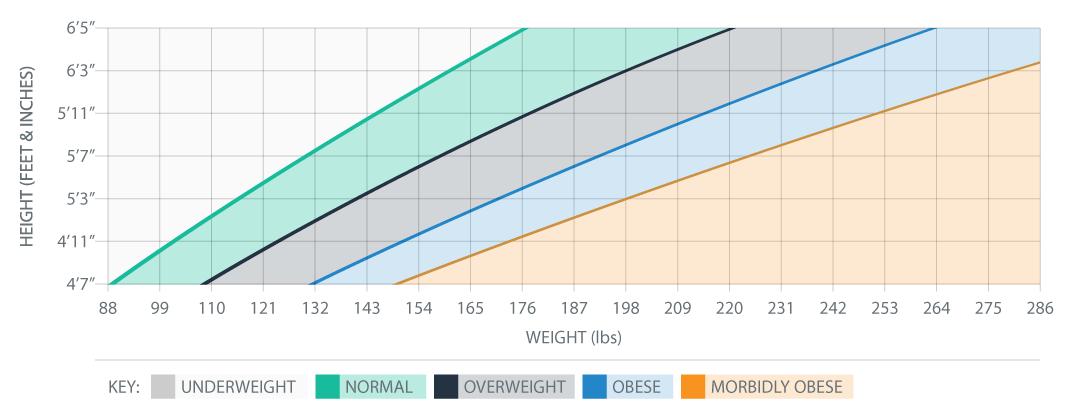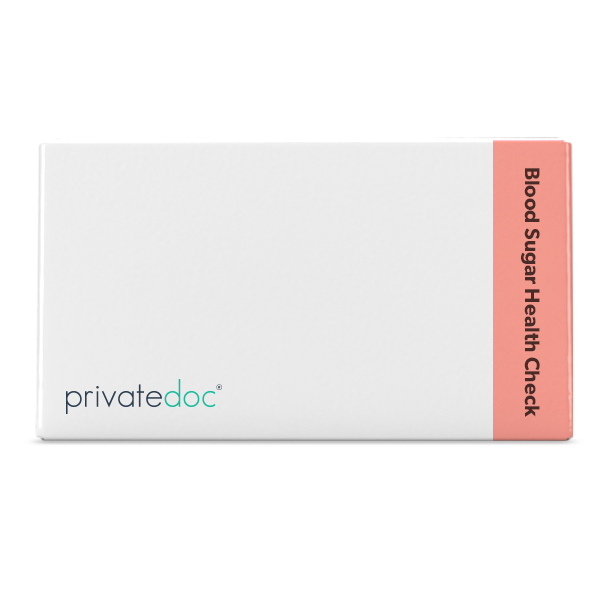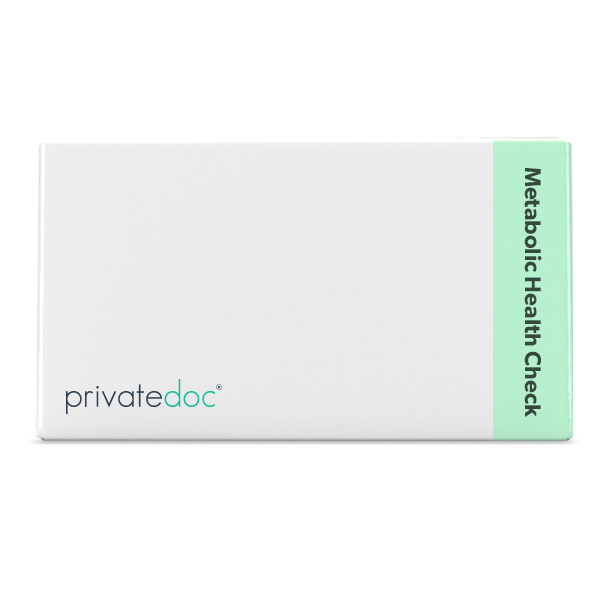

Weight related
screening tests
find the answers via a blood test to get control of your weight
We send you a kit
Receive a test collection kit to your home.
Collect samples using the easy to follow instructions with the kit guiding you through the entire process.
You return the samples
Returning your test is simple. A prepaid wallet is provided, already barcoded specifically for you, with no need to enter your information. Once received your sample is processed in our testing service lab.
We send you the results
When your results are ready our fast electronic interface to the lab makes your results available same day. A member of our clinical team will review your results and recommend treatment based on the results.
Blood Sugar Health Check
Diabetes can result is multiple health concerns, such as weight gain, cardiovascular disease, erectile dysfunction, ocular problems etc. This at home blood test allows patients to take pro-active ownership of their health resulting in quick diagnosis, swift treatment and faster symptom control.
This test will check your blood glucose levels (blood sugar levels at point of testing) and HbA1c (average blood sugar levels over the past 2-3 months).
Diabetes is a serious health condition that can develop as a consequence of obesity. If a patient has been identified as pre-diabetic it is important that regular screening takes place to ensure that the condition has not progressed to a diagnosis of diabetes.
Metabolic Health Check
If you're experiencing unexplained weight gain and suspect it may be hormone-related, our test can provide insight. If diet and exercise haven't helped you lose weight and you're curious about potential medical causes, the obesity screening test can help you determine if there are any underlying factors. Since carrying excess weight can heighten your risk of various health issues, such as diabetes and heart disease, identifying the root of your weight gain can aid in improving your overall health and well-being.
The obesity screening test is a blood test that screens for underlying health conditions that contribute to weight gain or make it difficult to lose weight. A simple capillary blood sample is taken and lab tested, with all results reviewed by one of our clinical team.
29% of us are obese – a number which has trebled in the last 30 years
We know that keeping a healthy weight improves your overall health and reduces your risk of developing conditions such as cardiovascular disease, diabetes or stroke. However, as anyone who has tried to lose weight can tell you, it’s just not that easy!
Busy lives, long commutes, processed foods and inactive lifestyles, make it even more difficult. It is important to remember that losing weight is a gradual process, but not impossible, especially with the right treatment and support. Any treatment plan should also be combined with a healthy balanced diet and increased activity levels.
The good news is, even after small amounts of weight loss, you will start to notice benefits, such as, increased energy levels, reduced snoring and day to day activities becoming less challenging – not to mention your clothes feeling a little looser.
We are here to guide you through your weight loss journey and get you the right medication to make this weight loss attempt a success.
Frequently asked questions about weight loss
-
What is BMI?
Body Mass Index (BMI) is a calculation based on your height (m) and weight (kg) that is used to determine if your weight is healthy. Your BMI will be calculated as a number which represents your height to weight ratio i.e. 32kg/m2.

BMIs are shown in ranges as follows:
- An ideal BMI is between 18.5 and 24.9kg/m2
- Between 25 and 29.9kg/m2 – you’re considered overweight
- Between 30 and 39.9kg/m2 – you’re considered to be in the obese range
As well as measuring your BMI, healthcare professionals may take other factors into account to assess if you’re a healthy weight.
-
Which treatment is best for me?
A healthy diet and exercise are the best way to lose weight. However, you may benefit from also taking weight loss medication. A consultation with one of our UK registered doctors will identify if medication is right for you and, if so, what the right treatment plan is.
-
Why haven’t I been able to lose weight on my own?
Losing weight is hard and takes time, so don’t give up. It is important to get the right approach for you, and that you are happy with the progress you are making. As you lose weight, we will review your treatment plan and medication to help you achieve your weight loss goals.
-
Can I exercise when taking weight loss medication?
Of course. Exercise and healthy eating should be part of a weight loss programme alongside any prescribed medication. As well as helping you to burn extra calories, it will also improve your general health and wellbeing, helping you maintain your weight once you have reached your goal and stopped treatment. Don’t do too much too soon, ease into it depending on your current level of activity.
-
Should I adjust my diet whilst taking my weight loss medication?
You will need to review your diet while taking your weight loss medication. Some medications require a reduced-fat or calorie-controlled diet to minimise side effects or meet your weight loss goals. It is important to ensure the food you eat is balanced so that you are not missing out on any essential nutrients. Eating a balanced diet is a lifestyle change that you should continue even after achieving your weight loss goal.
-
Will my treatment go on my medical record?
We ask you to provide us with your GP’s details and we encourage you to speak to them about your weight loss goals, however we do not share your treatment plan with them unless you agree for us to do so.
-
How long should it take to lose weight?
This very much depends on how much weight you need to lose to reach your goal, and other measures you take towards a healthier lifestyle such as diet and exercise. In general, slow and steady weight loss is preferable to trying to lose a large amount of weight quickly. It is recommended to aim to lose 1-2lb per week.
-
Will the weight come back after the treatment is stopped?
Your treatment plan will help you to achieve your weight loss goal, but you should adopt a healthier lifestyle, which includes a balanced diet and exercise, to help you maintain a healthy weight even after the medication has stopped.
Meet our expert team
PrivateDoc is happy to introduce you to some of our leading UK licensed clinicians who will be supporting you through your weight loss journey









